Steering group
Inês Barroso

Inês is Professor of Diabetes within the Exeter Centre of Excellence for Diabetes Research (EXCEED), at Exeter Medical School. Her research focuses on identifying new genes and loci involved in type 2 diabetes, obesity and related traits particularly, insulin resistance. Her aim is to take those gene discoveries into new understanding of the mechanisms and biology underlying type 2 diabetes and obesity, and ultimately to have clinical impact. To do this, Inês’ research combines both experimental and computational approaches to link genetic variants and genes to function and biological pathways.
Inês obtained her BSc (“Licenciatura”) degree in Biology from the University of Lisbon (1992), before moving to the University of Cambridge where she was awarded a PhD in Human Molecular Genetics (1996). After her PhD, she was a founding scientist at a start-up biotechnology company (Hexagen, later bought by Incyte) where she became Director of Diabetes Target Validation. In 2002, Inês moved to the Wellcome Trust Sanger Institute where she worked for 16 years, which included serving as Head of the Human Genetics programme for 6 years. Prior to joining the University of Exeter (Jan 2020), she spent a year at the MRC Epidemiology Unit as Director of Research, Mechanisms of Metabolic Disease.
Gordon Brown
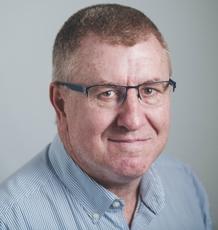
Professor Gordon Brown is the Director of the MRC Centre for Medical Mycology.
Interested in recognising infection, the immune system utilizes sensors on immune cells called “pattern recognition receptors” which detect invading pathogens. These sensors then trigger a number of responses which are aimed at providing protection against the infection. The CMM is focussed on understanding a particular group of these pathogen sensors, called the C-type lectins (CLRs), which stemmed from our discovery of the first receptor in this class, Dectin-1.
The group have shown that CLRs are able to induce essential immune responses, and have determined the mechanisms that they utilize to trigger these effects. Importantly, they have shown that CLRs play a central role in protective immune responses during fungal infections and identified genetic variants of Dectin-1 in humans, which can confer susceptibility to disease. The CMM have also determined that defects in recognition by pathogen sensors can result in an untreatable fungal infection of the skin, called chromoblastomycosis; work which has led directly to the testing of a novel treatment in humans.
Current research is aimed at gaining a more detailed understanding the role of CLRs in immunity during fungal infection, and exploring the roles and functions of new CLRs that have been recently identified.
Yujin Du
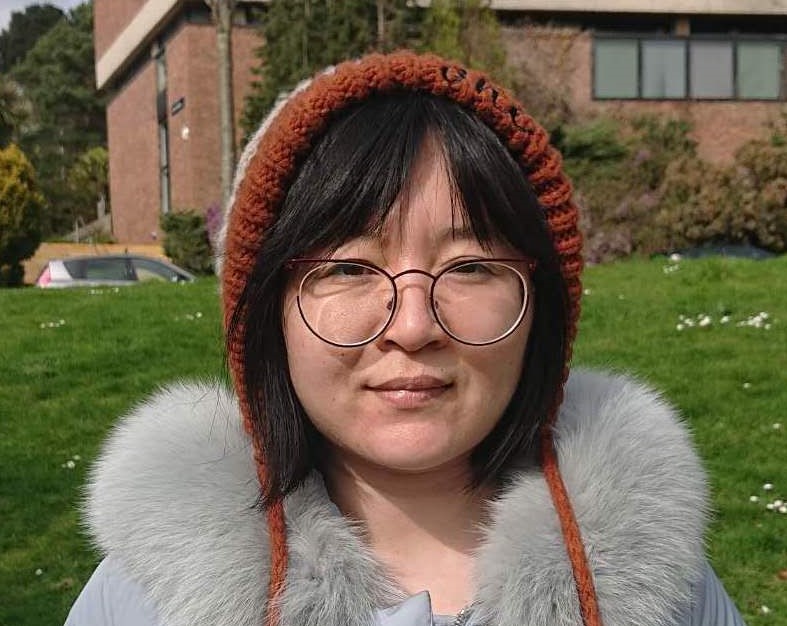
Yujin is the research project manager for the Translational Research Exchange @ Exeter (TREE). Yujin's responsibilities include the planning, management, coordination of all projects including oversight of research finances, development of new strategic initiatives, dissemination of research outputs. In addition, she also provides general and specialist support in organising public engagement events and early career researcher capacity building activities.
Prior to joining the team, Yujin worked for an international Antimicrobial Resistance Hub at the University of Bristol Medical School, coordinating a range of activities.
Rachel Etherington
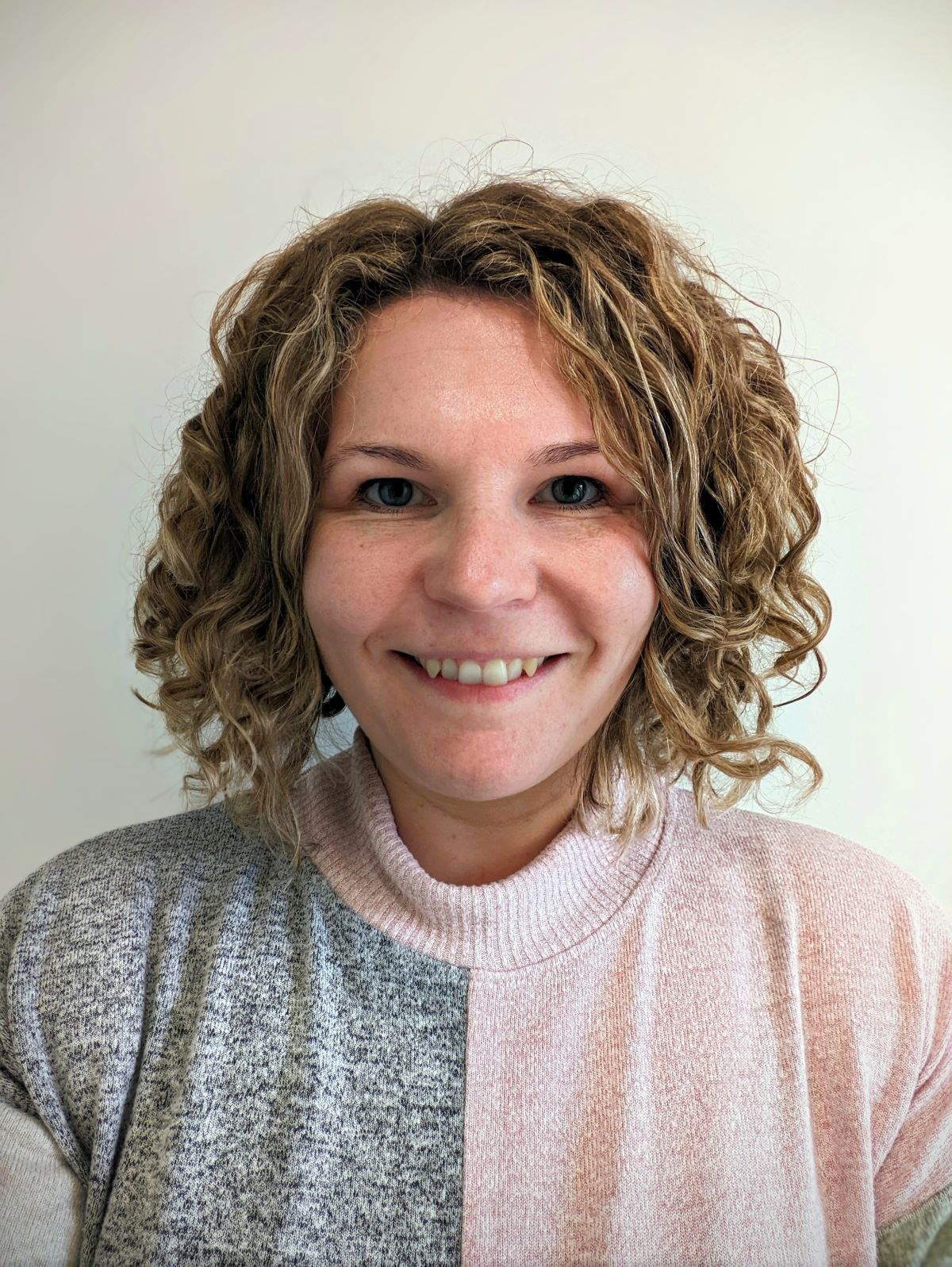
Rachel’s role is to support the early engagement of the public and other relevant communities (including charities, patient groups, academics, clinicians and industry) with the Wellcome funded Translational Research Exchange @ Exeter (TREE).
Rachel is the initial point of contact for engagement with the public and relevant communities. Her role involves developing and strengthening links with individuals, communities and groups who have an interest in engaging with, and shaping new research opportunities.
If you have any questions about how to get involved, get in touch with Rachel on r.l.etherington@exeter.ac.uk
Prior to joining the team, Rachel completed her PGDE and worked as a Primary School Teacher. Before moving to Exeter in 2016, Rachel worked at the Biochemical Society, supporting researchers to engage with the public and school students through outreach activities and events. She also worked for the Science Museum, performing science shows and workshops for schools and the public.
Ivana Gudelj
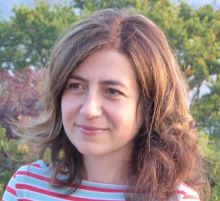
Professor of Evolutionary Systems Biology at Exeter, Ivana studies competition, metabolic cooperation and coevolution among microorganisms and how these interactions affect the evolution of microbial biodiversity, virulence and antifungal resistance. She exploits developments in synthetic and quantitative biology to solve fundamental problems in evolutionary and community microbiology.
Following the award of a PhD in Applied Mathematics from the University of Bath, she subsequently held a NERC Environmental Mathematics and Statistics Fellowship at Silwood Park, Imperial College London followed by a NERC Advanced Fellowship. In 2011, she moved from the Mathematics Department at Imperial to the University of Exeter to set up an interdisciplinary research group where mathematicians, physicists, bioinformaticians, molecular biologists and experimental evolutionary ecologists would work together and share ideas. Her work is currently funded by an ERC Consolidator Grant, an ERC Proof of Concept award and the Leverhulme Trust.
Read more information about Prof Gudelj’s interdisciplinary work here.
Karen Knapp
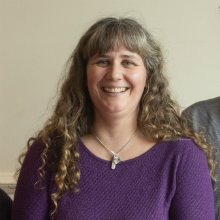
Karen is an Associate Professor in Musculoskeletal Imaging at the University of Exeter and Head of Medical Imaging. She developed an interest in osteoporosis in her first job as a Nuclear Medicine Radiographer. She went on to undertake a PhD in this area at King’s College London, with internationally renowned groups in osteoporosis and twin research, based at Guy’s and St Thomas’ Hospitals. During her post-doctoral positions, she honed her educational skills teaching medical students and went on to a lectureship at the University of Exeter in 2004.
She now combines teaching and research across two colleges, teaching undergraduate radiographers and clinical research to senior practitioners on the Doctorate in Clinical Research. Her primary research interest continues to be bone health and osteoporosis. More recently, she is developing expertise in other pathologies such as diabetes and particularly how these relate to bone health and fracture risk. Karen is committed to research-led teaching, where she uses her experience and expertise to inspire the next generation of radiographers.
Bea Knight
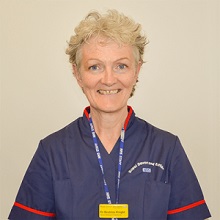
Dr Bea Knight is a Senior Research Nurse/Midwife with The National Institute of Health Research (NIHR) Exeter Clinical Research Facility (EXETER CRF). She has nearly 40 years clinical experience in the NHS as both Nurse and Midwife, during which time she also spent a year working as a Registered Nurse in Toronto, Canada. Bea has also been involved in developing and undertaking a Traditional Birth Attendant (TBA) training Programme in the Gambia, to help improve the lives of local mothers and their families.
Bea has over 25 years’ experience in health service research and is passionate about ensuring NHS research is a key part of improving the care that is given to patients and their families. Bea is committed to ensuring that patients and the public are involved in all stages, to make sure that the voices of the NHS users are a key part or the research process.
Sabina Leonelli

Professor Sabina Leonelli serves as the Co-Director of the Exeter Centre for the Study of the Life Sciences (Egenis), where she leads the Data Studies research strand; theme lead for the "Data Governance, Algorithms and Values" strand of the Exeter Institute for Data Science and Artificial Intelligence (IDSAI); and Turing Fellow at the Alan Turing Institute in London. She is also Editor-in-Chief of the international journal History and Philosophy of the Life Sciences, together with Professor Giovanni Boniolo, and Associate Editor for the Harvard Data Science Review. She serves as External Faculty for the Konrad Lorenz Institute for the Advanced Study of Natural Complex Systems and holds an Honorary Professorship at the School of History of the University of Adelaide.
David Llewellyn
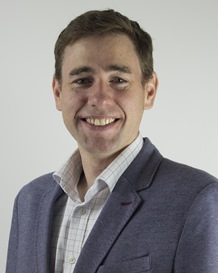
David is an Associate Professor at the University of Exeter Medical School and a Fellow at the Alan Turing Institute. He also holds an honorary contract with Devon Partnership NHS Trust. He moved to Exeter in 2009 having received advanced training in epidemiology and data science as a Research Associate at the University of Cambridge.
His research aims to enhance the timely detection of dementia, with a focus on developing strategies for primary and secondary prevention using machine learning. He uses a combination of evidence synthesis, data science and machine learning to develop new translational insights to identify more effective interventions and enhance the diagnostic pathway for dementia. He is an expert on the evaluation of cognitive function and dementia, and is a member of the scientific advisory boards of the English Longitudinal Study of Ageing and the UCL Centre for Longitudinal Studies. He sits on Alzheimer’s Research UK’s Grant Review Board and their Clinical Policy Advisory Panel. David is also the Exeter Institute for Data Science and Artificial Intelligence Clinical Theme Lead and the Turing Exeter University Clinical Lead.
Rob Porter

Dr Robert Porter is a Consultant in Clinical Microbiology & Infection and Joint Director of Infection Control at the Royal Devon and Exeter NHS Hospital.
Beverley Shields

Beverley has been working as part of Andrew Hattersley's diabetes research team, in data management and statistics roles since 2001, and has been involved in research including genetics of diabetes, fetal growth, and thyroid hormones in pregnancy.
She is currently working as a statistician for the NIHR Exeter Clinical Research Facility supporting a variety of projects looking at urinary C-peptide as a new test for assessing endogenous insulin production in patients with diabetes. She is also involved in research looking at clinical prediction models and biomarkers for monogenic diabetes, and thyroid disease in pregnancy. Her most recent work involves classification of diabetes subtypes and stratification of Type 2 diabetes.
Austin Smith

Austin Smith studied Biochemistry at the University of Oxford where he became captivated by the topic of pluripotency. He pursued this interest in PhD studies with Prof Martin Hooper at the University of Edinburgh and post-doctoral research in Oxford with Prof John Heath. Austin then joined the Centre for Genome Research in Edinburgh as a Group Leader. In 1995 he became Director of Centre which he transformed into the Institute for Stem Cell Research. In 2006 Austin moved to the University of Cambridge and was founding Director of the Cambridge Stem Cell Institute until 2016.
In 2019 he took up the post of Director of the Living Systems Institute at the University of Exeter.
David Tarbet

Dave Tarbet is a qualified accountant with 25 years commercial, finance and business experience across a range of sectors including engineering, business advisory and accounting, air transport and healthcare. He is currently the Business Development Director at the Royal Devon and Exeter NHS Foundation Trust. He previously held senior appointments at Flybe plc and British Airways plc.
Krasimira Tsaneva-Atanasova
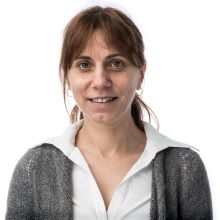
Krasimira Tsaneva-Atanasova is Professor of Mathematics for Healthcare in the Living Systems Institute and the Department of Mathematics at the University of Exeter (UoE), UK.
She received her MSc (Mathematics) from the University of Plovdiv, Bulgaria and PhD (Applied Mathematica) from the University of Auckland, New Zealand. She joined the Department of Engineering Mathematics at the University of Bristol in October 2007 as a lecturer and was promoted to a Reader in Applied Mathematics in 2012.
Krasimira moved to the College of Engineering, Mathematics and Physical Sciences, University of Exeter in July 2013. Her research and professional activities aim to inform novel applications of mathematics to enable the development of quantitative methods for healthcare and healthcare technologies. In her research, she develops and analyses mathematical models for applications to personalised prediction and clinical decision support in prevention, diagnosis or treatment of health-related conditions. She also serves as Associate Dean for International and Development in the College of Engineering, Mathematics and Physical Sciences at UoE (2018-2021).
Michael Weedon
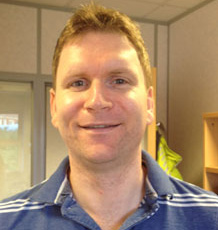
Dr Michael Weedon is an associate professor working on the genetics of diabetes and related traits. This involves the study of common complex diseases such as Type 2 diabetes using the genome-wide association study method to identify new common genetic variant associations, as well as whole genome sequencing approaches to identfy rare mutations causing familial diabetes, particulary Maturity-Onset Diabetes of the Young (MODY).
He primarily works within the genetics of complex traits group and the monogenic diabetes research team. He also teaches on the undergraduate Medical Sciences degree and leads the Bioinformatics and Advanced Bioinformatics modules on the Genomics Medicine MSc.
Katrina Wyatt
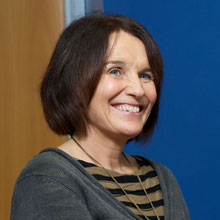
Professor Katrina Wyatt's research seeks to understand how we can create the conditions for health and wellbeing and address health inequalities in schools, communities and workplaces. Working with service users, patients, carers and communities to understand the nature of the issues which prevent good health and then supporting the creation of partnerships to develop and deliver research to address these issues. Underpinning the work is an understanding of health as an emergent property which arises from complex social systems and the creation of the conditions for health focuses on the nature of relations within the workplace, school or community.
